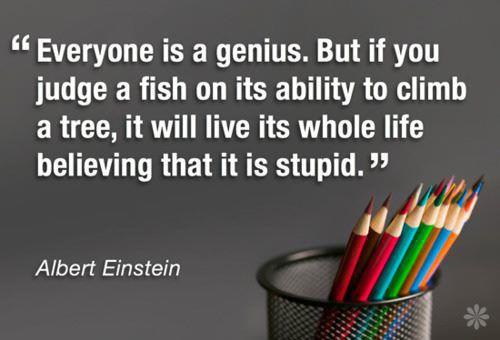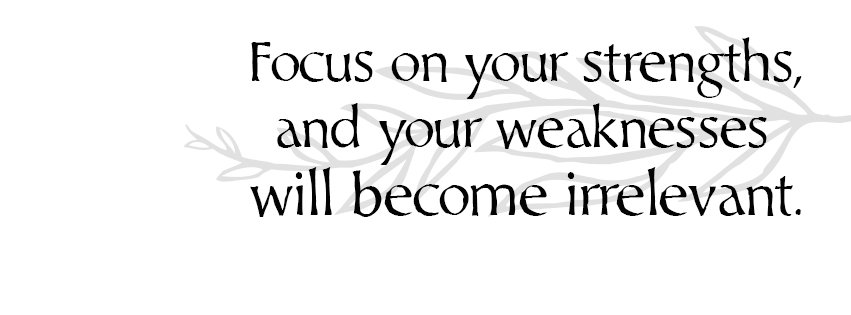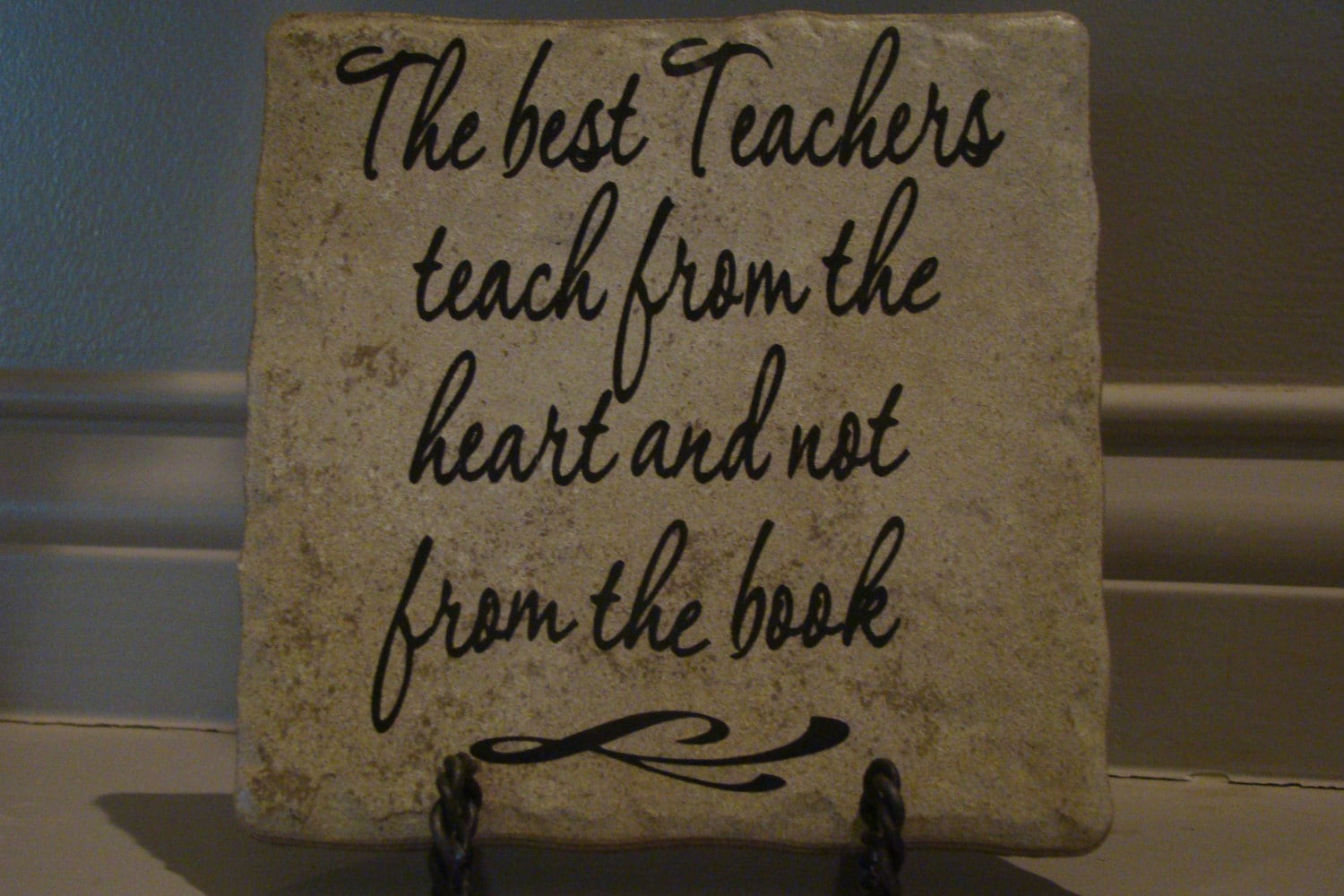This time of year is the BEST for public educators. We are finishing out a school year and honoring our students at graduation and promotion ceremonies. No matter which event I have attended, there is a packed house. As students are being recognized, cheers are coming from the crowd. Signs and balloons are everywhere. The students who are being honored are told through these celebrations that they are important. They matter. We are here to see you. We are willing to sit in 100 degree weather and through boring speeches to honor you.
As we look back on life, there are certain moments that most people celebrate: weddings, birthdays, and graduations. I have dear friends who are master celebrators. Because these people are my "family of choice," I have been invited to many Maddux-Smith celebrations. They honor people in their family for the greatest things. I have been to celebrations for promotions, having a part in a play, participating in a recital, baptisms, moving to another location, making it through boot camp, or coming back from serving our country overseas. Every time, the person being honored feels so important. There is always a speech stating how proud they are of the person being honored. I have been the recipient of their honoring events, and it felt great! What I appreciate most about these events is that their is no comparison to another person or another's achievements. This is a time to just focus on the person being honored and letting that person know how important they are.
So, as I leave for my last graduation, I can honestly say that each of these students are important. They matter. It doesn't matter if you made it through by the skin of your teeth or if you are the valedictorian. Each student goes through their own journey and deserves recognition. At the middle school, perhaps the biggest accomplishment you were able to achieve was to show up and attend school. You deserve to be honored because you matter.
Here's to honoring more and finding fault less! ENJOY!









